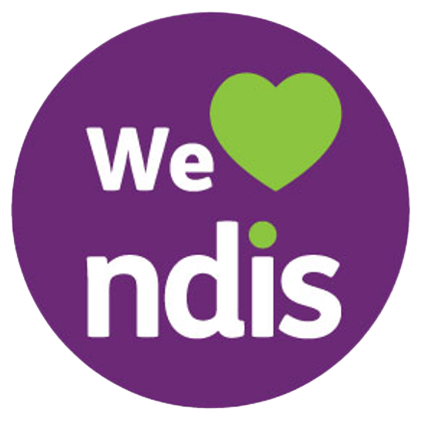Dysphagia Management
Knowing how to respond to the symptoms of a swallowing problem and having a full understanding of what has been recommended by the speech pathologist and why, puts your mind at ease and increases your confidence in providing the utmost care for your loved one or aged care facility resident.
How is Dysphagia Managed?
The management of dysphagia depends on the underlying cause. In addition to treating the underlying cause, certain lifestyle changes can make dysphagia management more pleasant.
These include
- smaller bites when eating,
- easier to swallow textured food and liquids, in line with the International Dysphagia Diet Standardisation Initiative (IDDSI)
- eating more slowly
Management options for dysphagia include:
- The doctor, disability and aged care facility staff or carer may refer the resident to a speech pathologist to perform a swallowing assessment and possibly modify the resident's food and/or fluid.
- In the case of the dysphagia being severe, the doctor may recommend a feeding tube as an alternative to oral feeds.
- A modified diet to ensure the resident gets enough nutrition to remain healthy and maintain weight.
What If Dysphagia Is Untreated?
Dysphagia is an indication of an underlying disease. If both of them are not addressed, long term complications can include
- lower quality of life,
- weight loss,
- malnutrition and
- altered state of mind.
Aspiration pneumonia is another complication that is common, due to swallowed food entering the airway. Death can occur in the case of choking.
The underlying disease can have its own series of complications that may appear in the long term, with some of them being life-threatening.
Caring for Dysphagia
Being part of this Safe Swallowing Dysphagia Education and Management Program is vitally important in your role in caring for the ageing population.
CONTACT US
Email: support@safeswallowing.com.au
Address: 10-14 Fairlight St, Five Dock 2046
0416 273 059
© 2024
All Rights Reserved | Safe Swallowing


